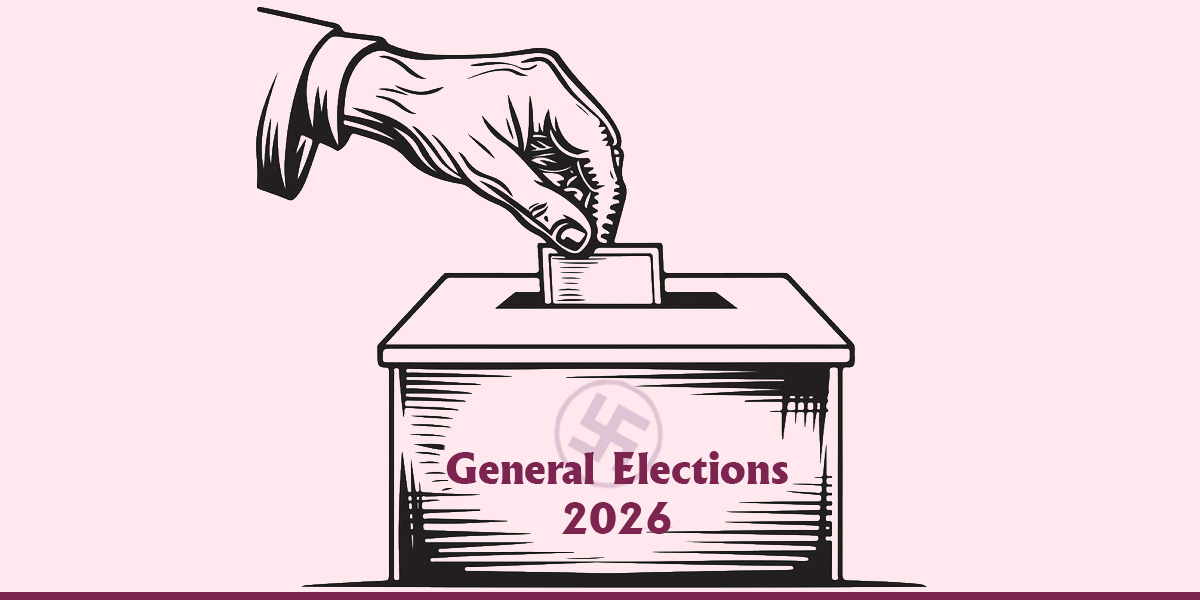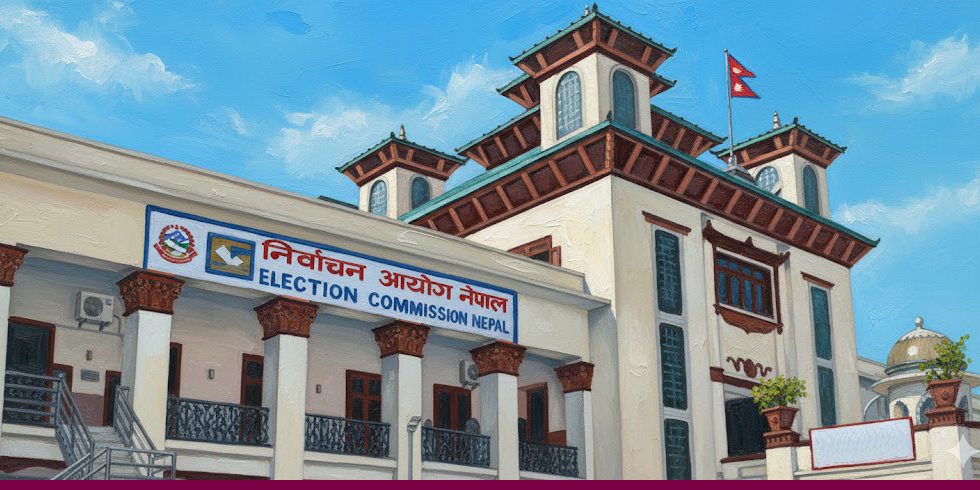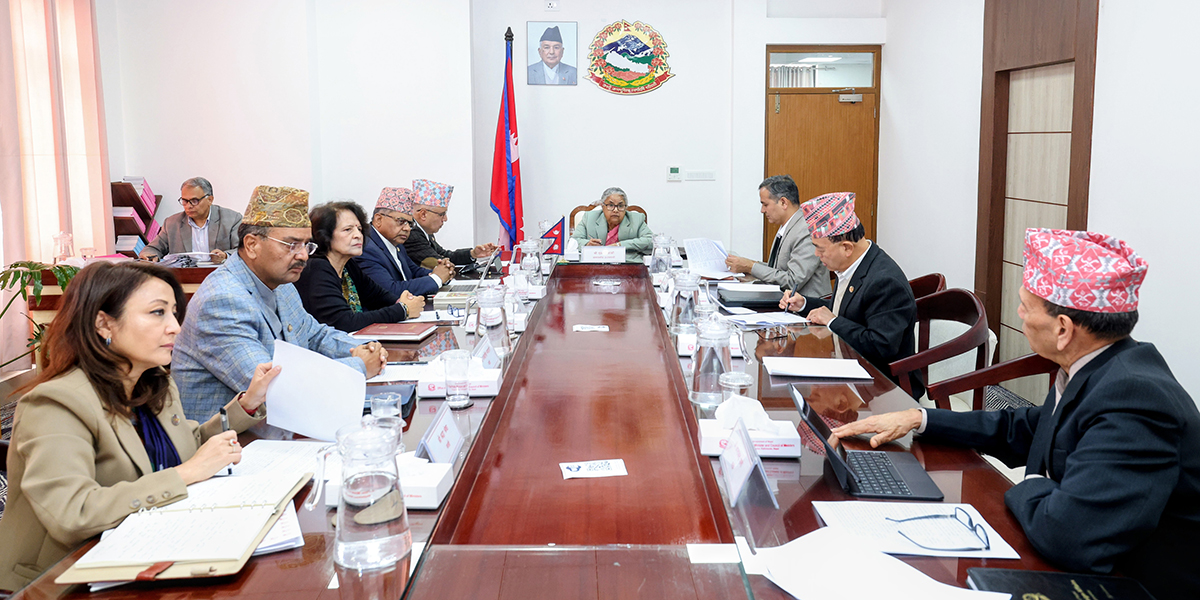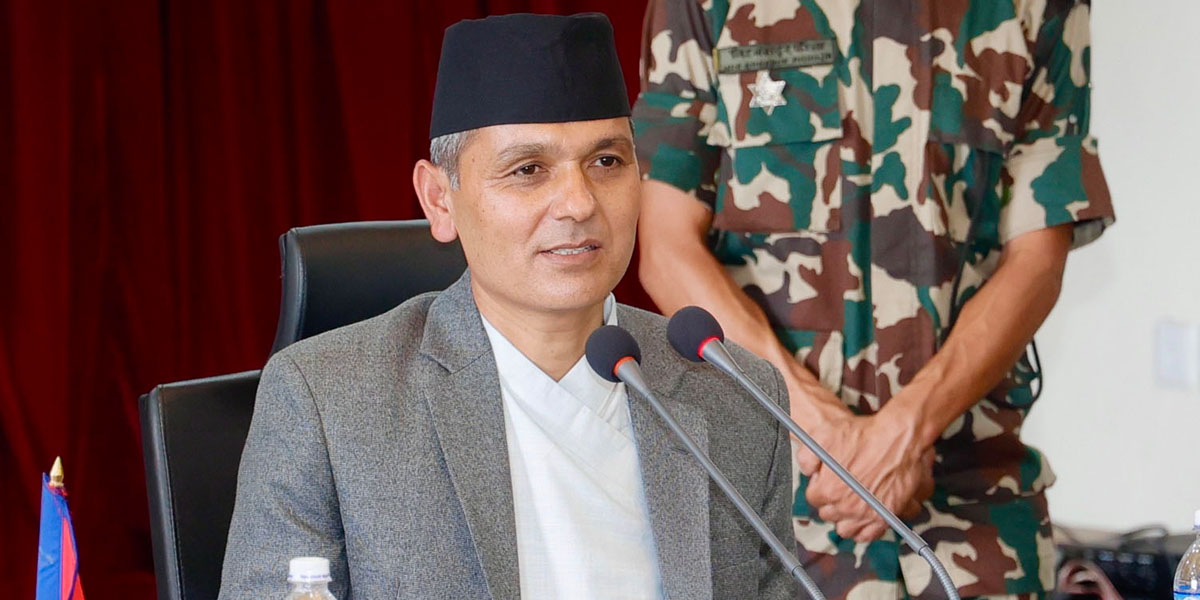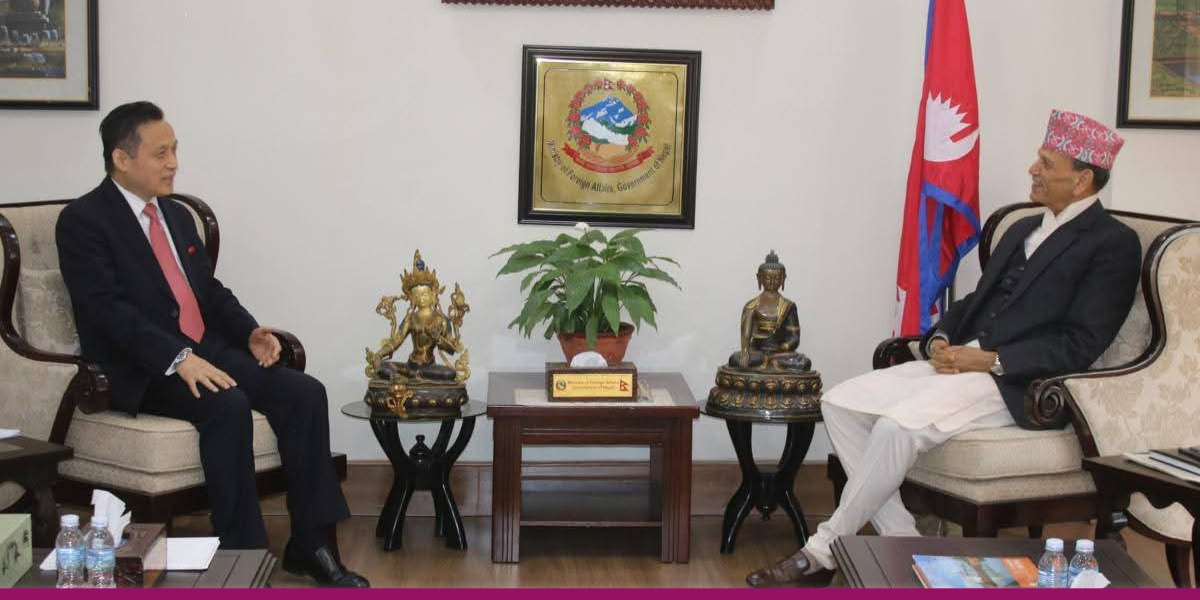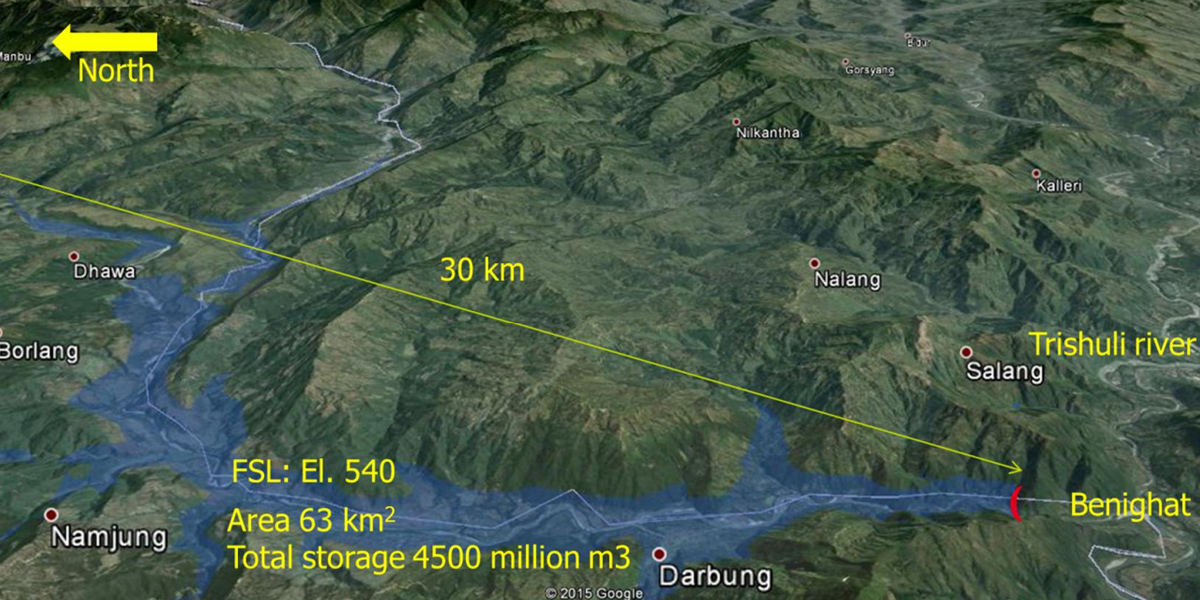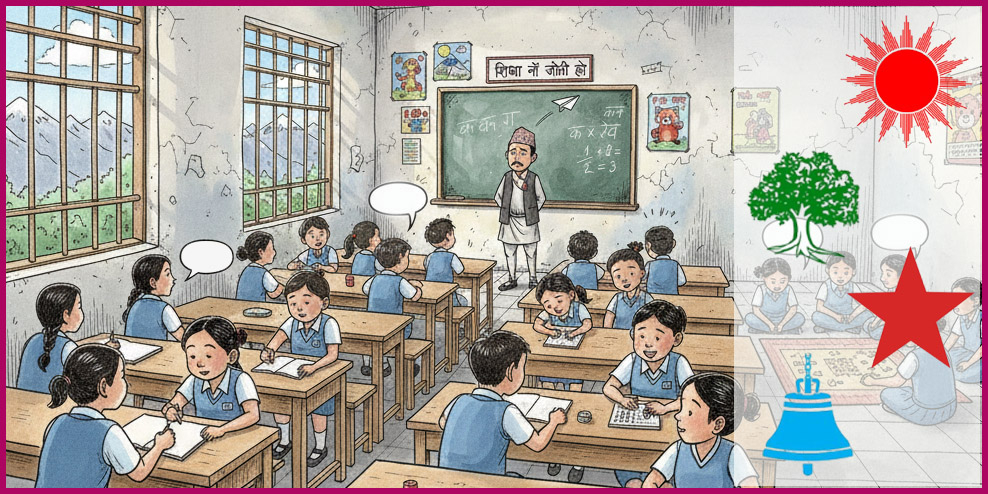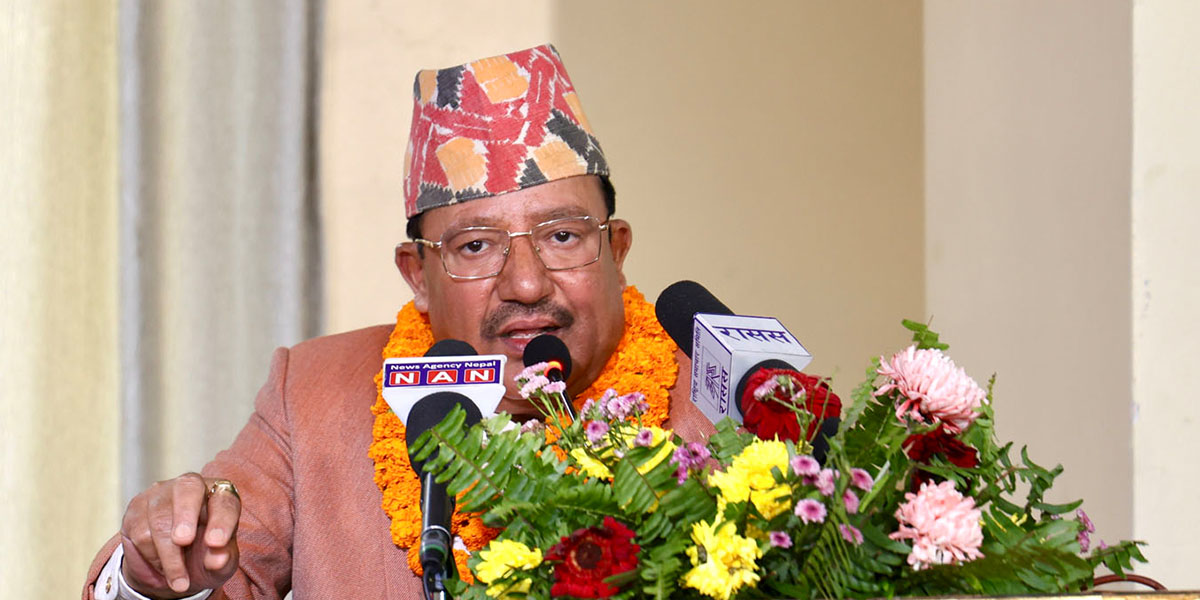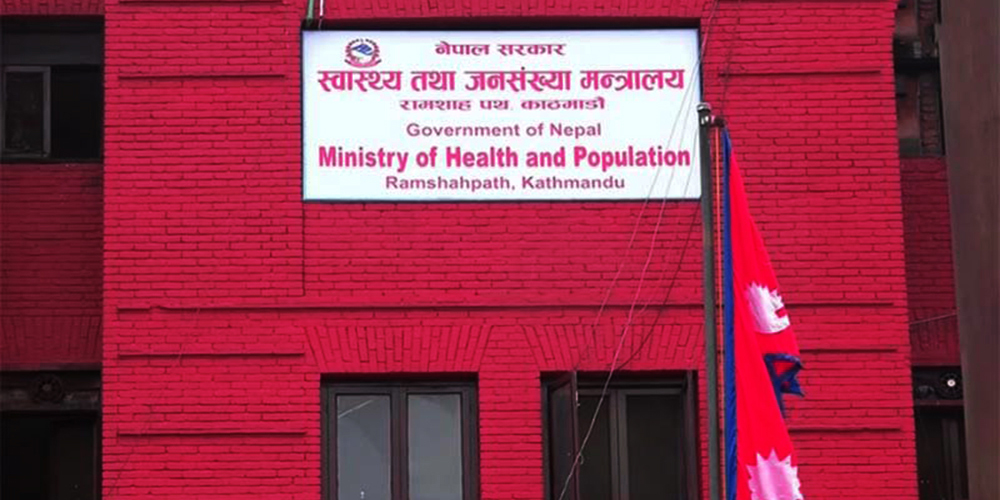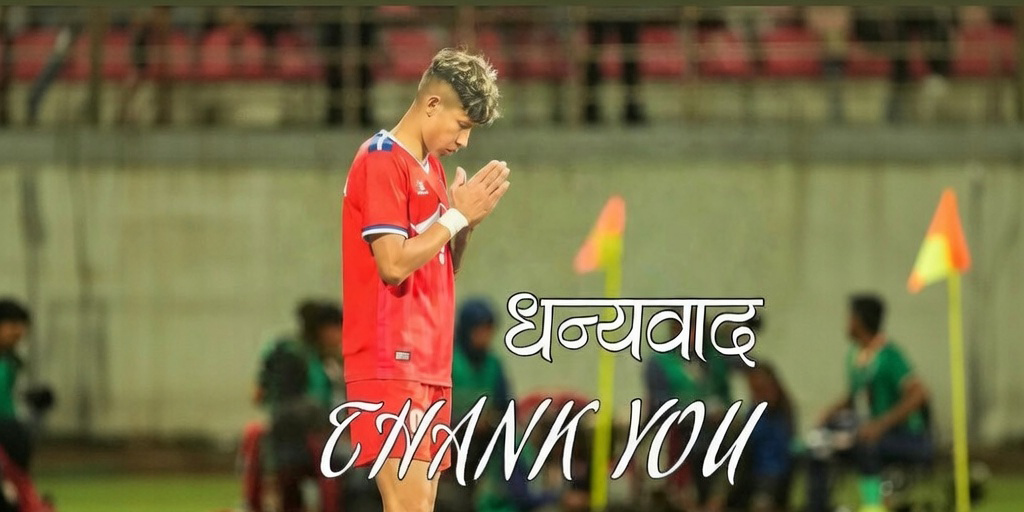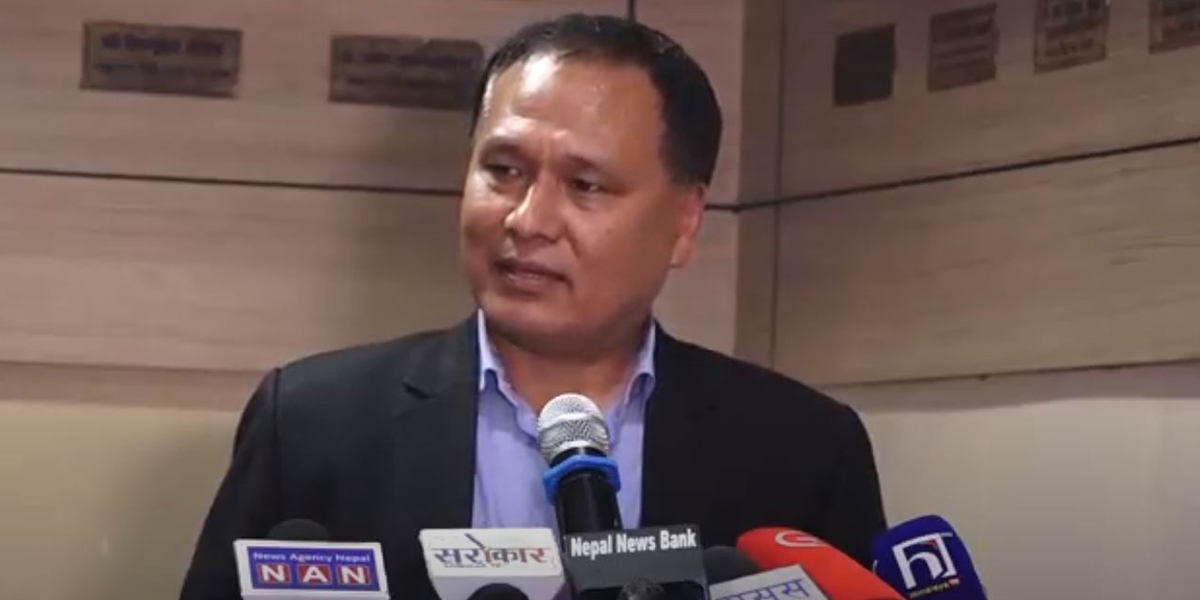
KATHMANDU: Nepal Electricity Authority (NEA) Executive Director Kul Man Ghising has insisted that only the Coucil of Ministers can remove him.
“Since I was appointed as the Executive Director of NEA for a 4-year term by the Council of Ministers, I would like to say that no other entity has the authority to make any decisions or take actions regarding the termination of appointment as mentioned in your letter for clarification,” Ghising said in his clarification letter sent to the Ministry of Energy, Water Resources and Irrigation on Sunday. “With performance results reflecting a 98.99% achievement rate, terminating my appointment would be procedurally unjustifiable,”
Earlier, the ministry had asked Ghising to furnish clarification on why he should not be sacked. Sending a nine-point letter on January 6, the ministry asked Ghising to submit written clarification as to why he should not be sacked. One of the issues raised by the ministry in the letter was Ghising’s failure to send his score of work performance evaluation for the current fiscal year within the stipulated time frame.
Ghising said in his clarification that he could not send the work performance evaluation due to his involvement in on-field efforts to restore and repair electricity infrastructure damaged by floods and landslides.
The NEA chief sent his work performance evaluation score to the ministry on January 8.
Regarding his note of dissent on a decision related to outstanding dues of dedicated and trunk consumers, Ghising said that his note of dissent was based on directives from the Office of the Auditor General, Public Accounts Committee, Electricity Regulatory Commission and court rulings to recover outstanding dues. He argued that forming an inquiry committee to review this matter was procedurally flawed and beyond its jurisdiction, and undermines institutional governance and NEA regulations.
Responding to accusations of non-cooperation during board meetings, Ghising said that he had provided input based on his expertise and relevant laws during discussions and had not acted disruptively or uncooperatively.

 Himal Press
Himal Press 